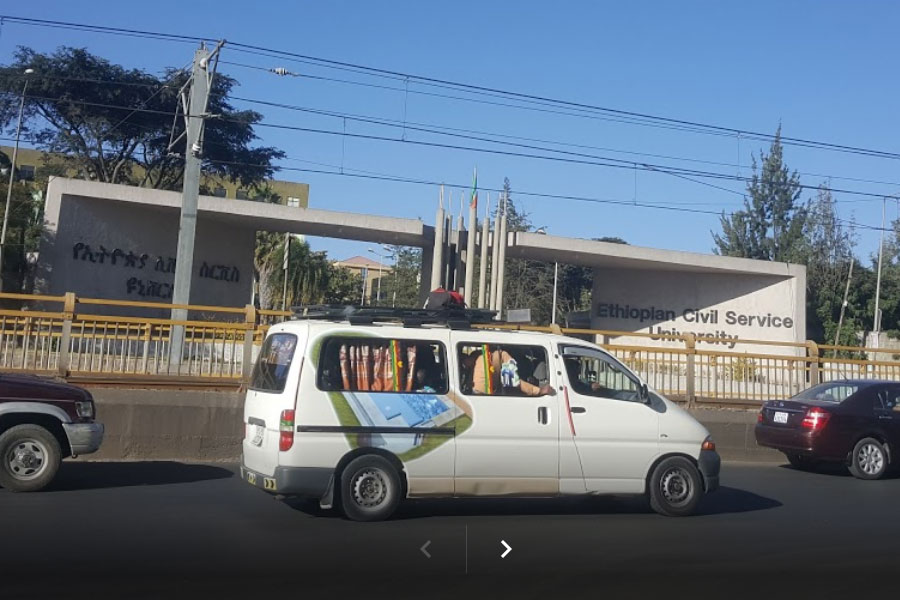
Fortune News | May 25,2019
Jan 16 , 2021
By MAYA MISIKIR ( FORTUNE STAFF WRITER )
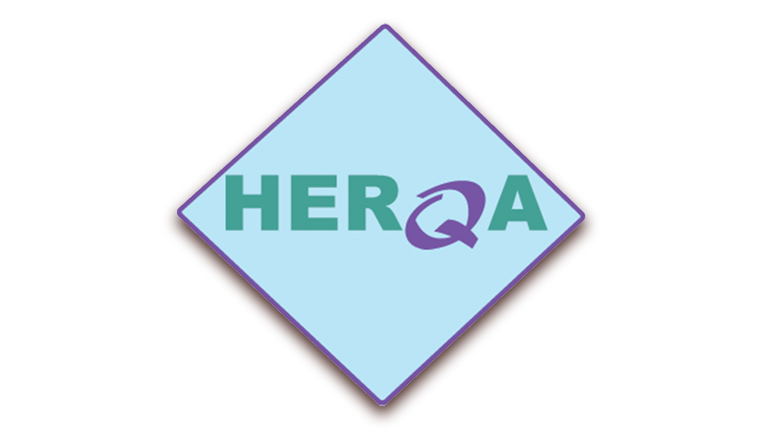 Higher Education Relevance & Quality Agency
Higher Education Relevance & Quality Agency The federal agency in charge of education quality assurance has begun reviewing the quality of all 51 public universities in the country for accreditation. The universities have been operating without accreditation until now.
The assessment covers the institutions' programmes and facilities along with laboratories, libraries and other resources for higher learning. The Higher Education Relevance & Quality Agency has requested that all public universities submit course catalogues. Three universities in Tigray Regional State—Axum, Adigrat and Meqelle—are currently finalising their course catalogues.
Seven experts from the Agency are developing the initiative's action plan, which requires extensive budgetary and human resources. Findings of the assessment, results and recommendations will be tabled to the Ministry of Science & Higher Education for approval.
The initiative came about to respond to the quality compromise observed in universities across the country, according to Andualem Admassie (PhD), director-general of the Agency. Multiple universities being opened up to address issues of reach has created quality compromises, according to him.
"Closing down the universities is unlikely as most meet minimum requirements," said Andualem. "But [the assessment] will likely result in closing down or launching programmes and campuses at different universities."
It will also provide support to facets of the institutions under assessment.
"Getting 2,000 students or having three faculties isn't an issue for universities," said Andualem, highlighting some of the requirements put in place. "As pass marks for students eligible for university are based on the capacity of the country's higher education institutions, fulfilling the student quota is easy."
However, the courses given, staff qualifications, libraries and workshops, leadership governance and other metrics will be assessed for better outcomes. Universities will then be ranked on different qualifying measurements like research and development, as well as employability of graduates and prestige.
Though the Agency is mandated to carry out license conferring and accreditation to both private and public higher education institutions, the law allows room for universities to be opened by the Council of Ministers. However, accrediting them after opening has so far been difficult to implement due to the Agency's structural and institutional shortcomings, according to the director-general.
The appraisal process implemented regarding the inputs, process and output levels of universities will also include feasibility studies and labour market analyses as graduate tracing is included. A tracer study means trailing the employment status of graduates.
Graduate tracing is important to understand which fields are underserviced and which are saturated, according to the director-general of the Agency, which is drafting a proclamation to restructure itself to directly report to the parliament or the Office of the Prime Minister. The bill will also transform the agency into either an authority or a commission.
Universities will not be opened nor will they add programmes and faculties without the Agency's blessing in line with the standards for private universities and colleges in the country, which number 250 in total. From these, five are private universities, and the rest are colleges.
The process is bound to bring a harmonised and standard mode of operation for universities, which will benefit both teachers and students, according to Bezabih Wondimu (PhD), associate professor in curriculum design and development & academic vice president of Madda Walabu University.
"This will allow students to transfer from one university to another without losing valuable time," he said. "The hiring space will be more equitable for students coming from different universities as there is a standard set for all."
The vice president also noted that this would ease online learning from one centre in the time of the Novel Coronavirus (COVID-19).
"Students from different universities can follow courses given from one centre," he said.
Though started late, the process is laudable according to Bezabih, who added that it should progress to action as soon as possible.
"The only challenge on our part is dealing with extra work as teachers are already catching up students with the workload from the past year," he said.
An institution needs more than a building and government ownership to be deemed a university, according to Messeret Assefa (PhD), an assistant professor at Addis Abeba University.
"This is what we've witnessed here in the past," he said. "Unqualified college deans end up crafting the curriculum, and more often than not it's a direct copy and paste from Addis Abeba University."
This takes away competition opportunities and leads to uniformity, explained the educational planning and management expert.
"There needs to be diversified specialisation at higher learning institutions," said Messeret, citing France and India as centres of excellence for architecture and IT, respectively.
The qualifications of those overseeing the assessment need to be looked at, recommended the expert, who also added that laboratory facility enhancements, incorporating audio-visual learning techniques, funds for research, and strong pedagogical centres should also be part of the assessment.
PUBLISHED ON
Jan 16,2021 [ VOL
21 , NO
1081]

Fortune News | May 25,2019

Agenda | Dec 05,2018

Fortune News | Mar 16,2024
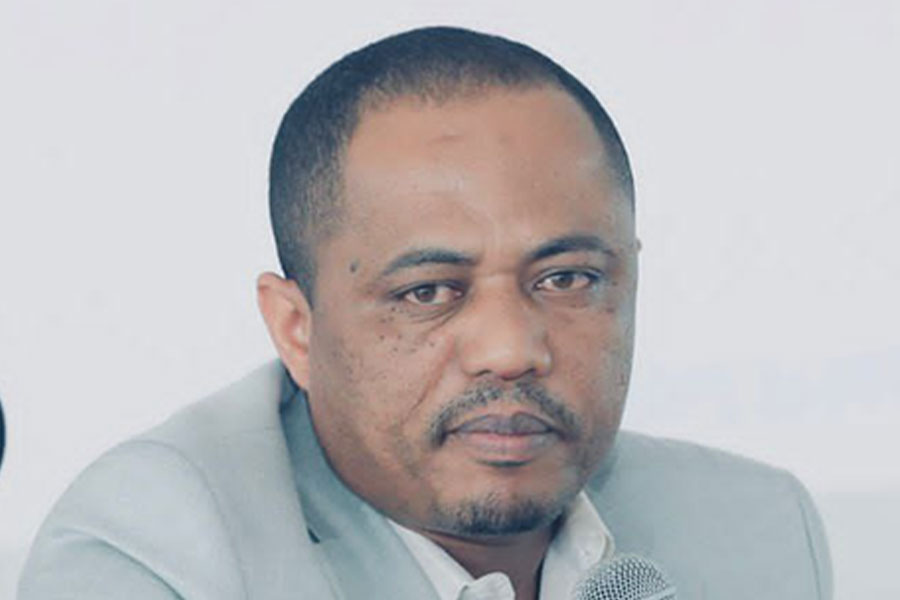
Radar | Jun 21,2025

Radar | Oct 17,2020

Viewpoints | Mar 12,2022
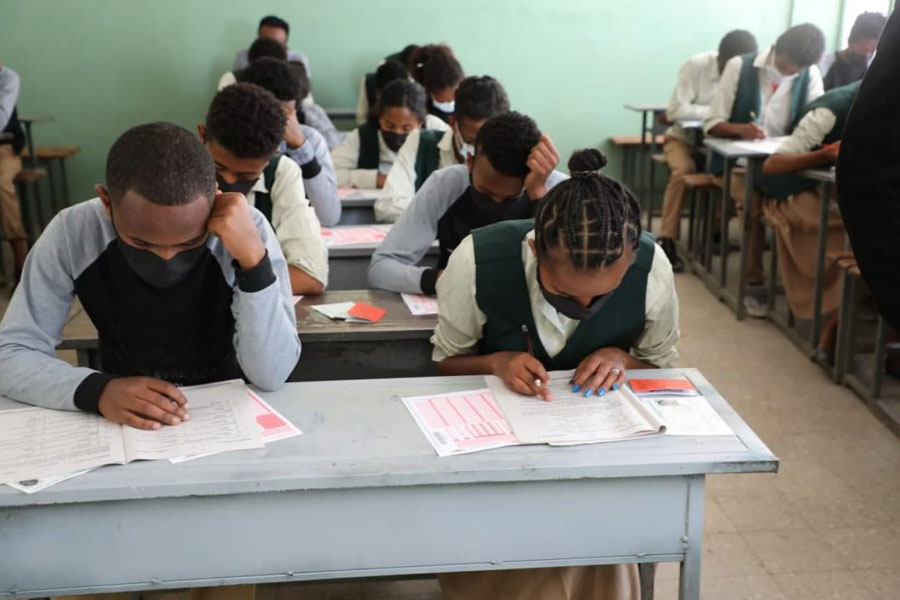
Fortune News | Mar 19,2022

Fortune News | Jun 12,2021

Radar | Oct 10,2020
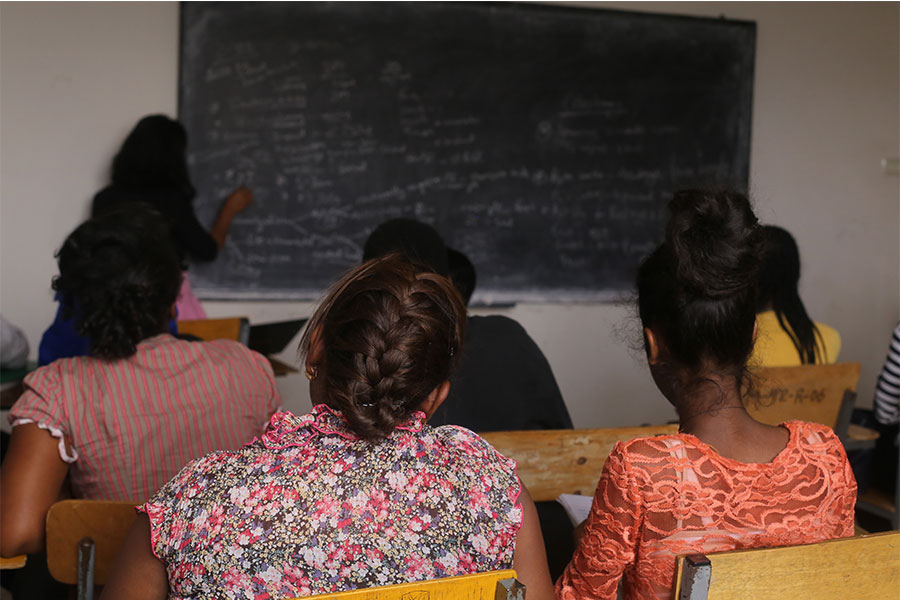
Agenda | May 04,2019

Dec 22 , 2024 . By TIZITA SHEWAFERAW
Charged with transforming colossal state-owned enterprises into modern and competitiv...

Aug 18 , 2024 . By AKSAH ITALO
Although predictable Yonas Zerihun's job in the ride-hailing service is not immune to...

Jul 28 , 2024 . By TIZITA SHEWAFERAW
Unhabitual, perhaps too many, Samuel Gebreyohannes, 38, used to occasionally enjoy a couple of beers at breakfast. However, he recently swit...

Jul 13 , 2024 . By AKSAH ITALO
Investors who rely on tractors, trucks, and field vehicles for commuting, transporting commodities, and f...

Jul 5 , 2025
Six years ago, Ethiopia was the darling of international liberal commentators. A year...

Jun 28 , 2025
Meseret Damtie, the assertive auditor general, has never been shy about naming names...

Jun 21 , 2025
A well-worn adage says, “Budget is not destiny, but it is direction.” Examining t...

Jun 14 , 2025
Yet again, the Horn of Africa is bracing for trouble. A region already frayed by wars...